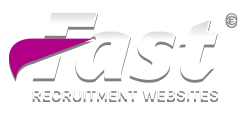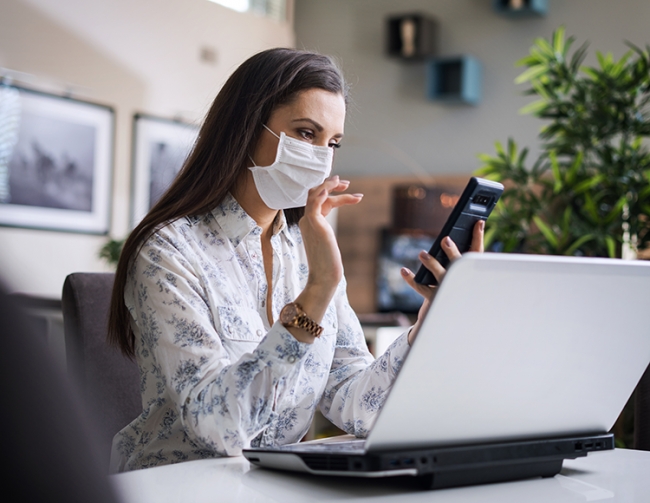Our workplaces looked very different during lockdown, when we were physically prevented from ‘going into the office’. But now that most businesses have resumed trading, what does the typical workplace look like?
In a survey by Hays, more than half of respondents expect to be working a ‘hybrid model’ within the next six months and beyond - where some time is spent in the workplace and the rest at home.
Despite the ease and convenience of pure homeworking, however, only 3% reckoned it would be a permanent option offered by their employers. Though this may seem a cop-out after the benefits of homeworking were widely lauded during lockdown, only 11% of those surveyed said they’d actually want to continue working from home on a permanent basis.
As we fight the pandemic, split shifts have proved popular – alternating morning/afternoon hours; half the workforce working Monday to Wednesday and the rest making up the back end of the week; or half the workforce working in the office one week and from home the next, with the other half alternating on opposite weeks.
Says Simon Winfield, Managing Director of Hays UK and Ireland, ‘The health and safety of staff remains the top priority when reopening offices. There’s been a seismic shift with demands for sustained flexible working and this looks set to continue on a scale never seen before. Yet the responses indicate that people have had enough of working solely at home. The greatest demand is for a new hybrid way of working – staff want a balance between office life and working remotely.’
If hybrid-working is implemented on a permanent basis, it will likely mean the rewriting of a number of employee policies, adapting to new ways of measuring employee performance (more target driven than hours worked), and even the introduction of new company cultures.
Fergal Bowers, health journalist, purports, ’It feels like there is no beginning, middle or end to this pandemic drama.’ Covid-19 certainly hasn’t gone away. A long-term look at working hours, to account for local lockdowns and to uphold the safety of the whole workforce, is not a luxury but a necessity. Fergal adds: ‘Short-term wars are very different to long-term battles. This coronavirus attack looks like being with us for a very long time to come.’
This leads us on to our next point: it’s not just the amount of time employees spend in the office but the office itself that has changed. Desks are now further apart, to account for social distancing. In some workplaces, PPE has become the norm as work takes place, despite this not being a factor previously. Hand sanitising stations are invariably positioned across workspaces, and in some offices, etc., the prospect of having your temperature checked when you arrive is becoming as normal as taking your coat off and putting the kettle on.
Recruiters may need to appease candidates, should they have any safety concerns relating to possible new employers. They may need to describe a company’s office layout, how the employer encourages collaboration, the business’s stance on flexible working, and its sickness policy should the candidate be forced to isolate. Aspects that may not have featured in candidates’ minds before may become differentiators between prospective employers.
Says Fergal, ‘(Covid-19) is changing the dynamic and structure of society itself, and of how people interact and make decisions. The world has become disordered and has lost its structure, making daily life and planning difficult. It’s so disconcerting and unsettling for recruitment website design.
For the first time in modern history, before people exit their front door, they must make calculated decisions about a risk to their health. Careful thought has to be given … whether it is in the home, or in the workplace, life looks like it will not be the same for years to come, perhaps never again.’
The words ‘new normal’ may be grating on you by now, but it’s clear that things are unlikely to return to how they were before the coronavirus took hold. It’s human nature to adapt in order to survive. And survive we will.
Whatever upheaval we are facing/will face in the workplace, in respect of our safety and our working patterns, will soon become second nature.

